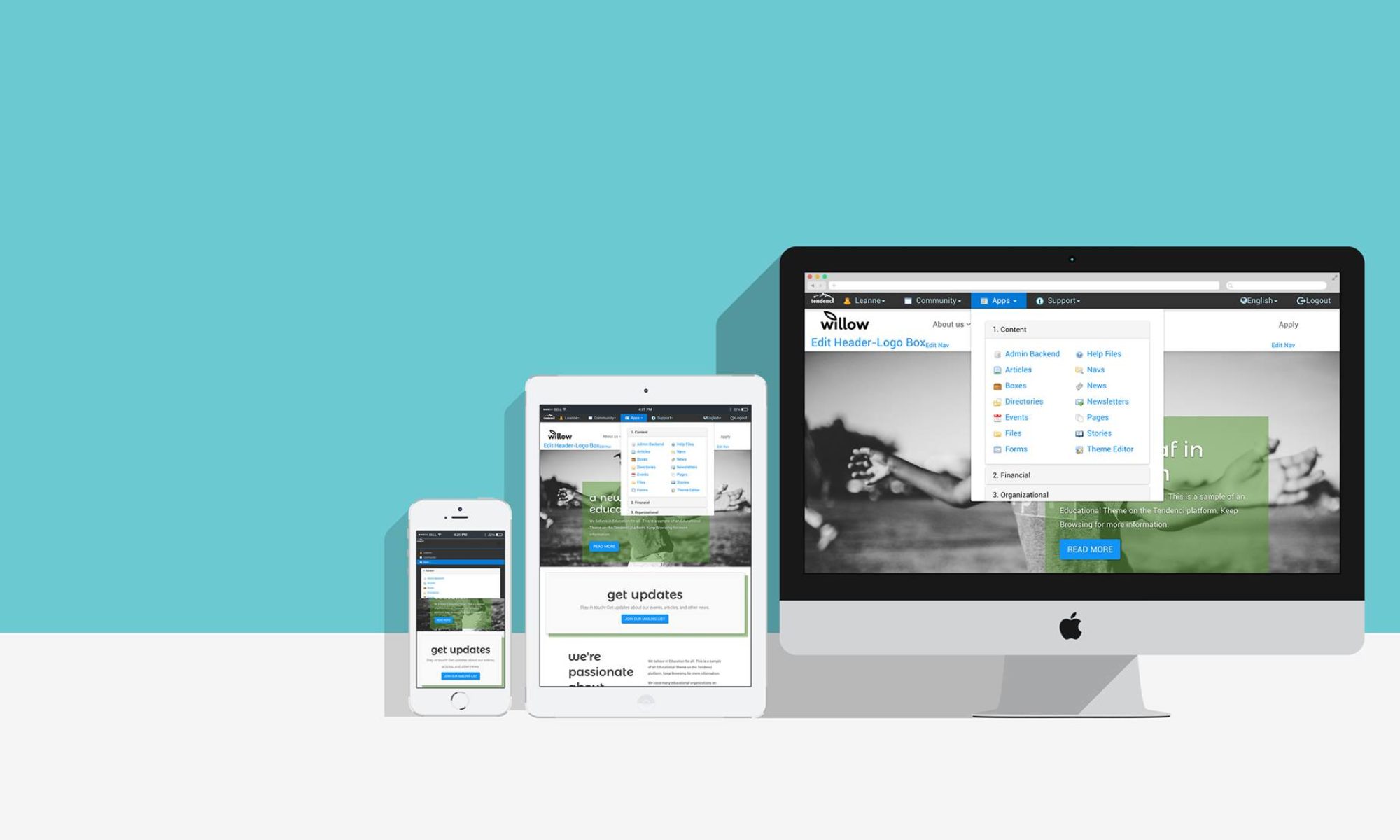After an all-day training on Sunday, you’d think we might have had enough Drupal for a while. But we are just getting started.
Day 1 at DrupalCon was filled with progress updates, knowledge sharing, and a community joining together to celebrate something they love and work to make it better. A rising tide raises all boats, and DrupalCon has already started to raise the boats of every member of the community. While I wasn’t able to attend all 40+ sessions from Day 1, here is a recap of the ones I attended.
Architects Overview
The funny and entertaining Jeff Eaton gave a fantastic overview of the entire Drupal system and how everything works together. Drupal is a community project, and this is no more apparent than when looking at the complexity of the entire system as a whole. The power of Drupal also adds quite a bit of processing to something as simple as viewing an About page. Thankfully, Jeff gave a wonderful explanation at a high level of how everything fits together and highlighted the best ways to take advantage of the power. The hundreds of APIs built into Drupal as hooks give module developers and themers the ability to accomplish almost anything.
Drupal Web Applications and Platforms
While most people see Drupal as a website platform, some companies are taking advantage of Drupal and a few choice modules to create self-contained web applications. Development Seed has released two outstanding products, Open Atrium for group work management, and Managing News, which combines feeds in visual ways. Acquia has also just released their Drupal Gardens, which is a platform similar to wordpress.com, except it’s for Drupal 7 websites. Representatives from those two companies, along with the creators of Mercury and OpenPublish sat down and discussed how they were able to build their products in Drupal. They offered advice on selecting teams, goals for a Drupal platform project, and even discussed some of their pitfalls from their own experience.
Keynote by Dries Buytaert
The State of Drupal address was informative and passionate. While there were no earth-shattering announcements (this wasn’t a Jobs Keynote), Dries discussed
- The move to Git for Drupal 8
- The remaining critical bugs in Drupal 7
- The amount of Drupal sites on the internet (500,000)
- The percentage of Drupal in the top 1 million websites (1%)
They also announced DrupalCon Copenhagen, which takes place August 23-27 of this year.
Monetizing Drupal
The monetizing Drupal Panel had a panel full of people who had started their own businesses revolving around Drupal. They shared stories about making the move to starting their own businesses and some of the struggles they faced along the way.
The biggest advice everyone shared was to invest first in the community. By giving back you can establish credibility and help to make yourself know to other Drupalistas who may want to call on you when they need some help. Another great tip was to make sure you find something you can be passionate about, because passion is the driving force that will get you over the hump and on your way to running your own shop.
Object-Oriented Programming in Drupal
While I won’t get into the technical details, this panel really highlighted the community aspect of Drupal.Larry Garfield from Palantir.net said some challenging things about the future of core development in Drupal. Along with that, he reminded the audience that we are the ones that have the power to make these changes. Drupal 7 will be released soon, but Larry is already focused on the next release, Drupal 8. His passion for OOP and it’s simplicity came through as he shared about the changes that could be made to improve Drupal for everyone.
Launching a successful Drupal site
While the team at Schipul has launched several successful Drupal sites, we felt it was important to refresh with the community to learn and share best practices for the process of meeting with a new client to launching their site. Michael Morris and his team from Phase2 Technology shared their process for defining the team members, training their stakeholders, and many of the other bits and pieces that need to happen to launch a successful Drupal site.
Much of the conversation revolved around communication with the clients. Whether this is in the form of face-to-face meetings, shared documentation, or weekly status meetings, they showed how important it was to communicate with clients so that everyone can have the best site-building experience.
That’s about it for Day 1 here in San Francisco at DrupalCon. We are looking forward to Day 2!
